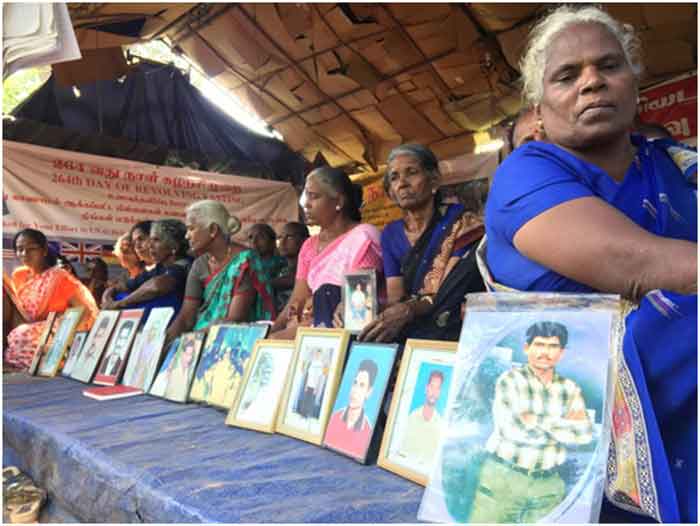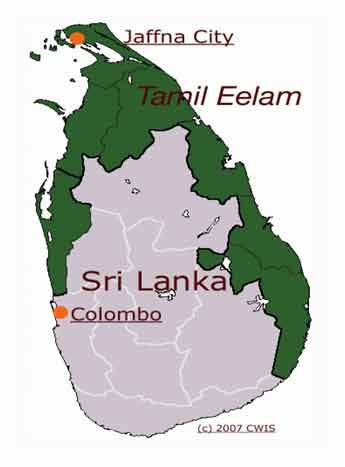
Civil and political rights (CPRs), which acquired general support throughout the world in the latter half of the 20th century and have persisted into the 21st, are the legal safeguards that protect individuals or groups against tyranny. Although these are frequently hidden in Genesis stories that take on an abstract, timeless quality, the roots of CPRs can be discovered in the actions of governments, influential people, or institutions that were later perceived as oppressive.
The right to personal security, including safeguards for those suspected of committing crimes, the right to vote and participate in democratic political processes, and the freedoms of expression, association, and religion are among the most well-established CPRs. If CPRs are not guaranteed to everyone, they lose their significance. However, in countries where CPRs are frequently expressed in absolutist terms, acceptance of CPR advancements has proven to be more challenging due to the failure to recognise competing rights and the interdependence of rights, interests, privileges, and expectations.
The Sri Lankan government’s track record has been harshly criticised by the UN Human Rights Committee (HRC) empowered to examine with compliance the International Covenant on Civil and Political Rights (ICCPR), which Sri Lanka adopted in 2005. The country is currently dealing with numerous crises in the areas of the economy, government, and fundamental human rights safeguards when it releases its most recent world report, which outlines systematic violations that have occurred over several years.
The HRC lists “serious limitations on freedom of opinion and expression,” such as the excessive use of force by law enforcement in dispersing lawful protests, the inappropriate use of counterterrorism laws against demonstrators, and the denial of public access to social media sites during large-scale protests against government actions. The HRC expresses worry over “severe human rights breaches, including deaths, injuries, arbitrary arrests and detention of protestors” as a result of the government’s frequent declarations of a state of emergency, mainly to deal with anti-government demonstrations in 2022. It concludes that recent amendments to Sri constitution compromise the legal system’s independence and thecountry’s human rights commission.
The committee expressed its “great concern” over the “extreme delay” in bringing those responsible for previous human rights abuses that took place during the struggle between government forces and the separatist Liberation Tigers of Tamil Eelam (LTTE) between 1983 and 2009 to account. Politicians and security personnel have meddled in legal proceedings, investigations of illustrative human rights cases have been obstructed, and allegations of widespread torture and sexual violence by government officials against ethnic Tamil captives remain unanswered. The committee observes that although abuse victims have faced threats, military officers accused of committing war crimes have gotten promotions. Finding the fate of innumerable victims of enforced disappearance has not progressed in any way.
The frequency of violence against women, especially sexual violence, continues to worry the committee. Additionally, it discovers that Muslim Marriage and Divorce Act (MMDA) discrimination against women is legal and criticises the underrepresentation of women in politics. According to the report, “land grabs,” “hate speech and misinformation,” and “attacks against places of worship” have been used to target minorities, particularly Muslims and Tamils. Those who are lesbian, gay, bisexual, or transgender are nonetheless subject to criminal prosecution. It is unacceptable to ignore this terrible list of human rights abuses.
The Sri Lankan government needs to address these significant governance issues right away, ensure everyone’s CPRs are upheld, and hold those in charge of grave abuses accountable. In the context of Sri Lanka, the future of CPRs is closely related to the transitional justice trajectory of economic development and the advancement of reconciliation. The current circumstances need careful balancing of how the government will balance the interests of political parties on reconciliation with the broader economic development plans to secure the CPRs.
Nafees Ahmad Ph.D. (International Refugee Law and Human Right), LL.M. (International Law), Associate Professor, Faculty of Legal Studies, South Asian University, New Delhi. Contact at: [email protected], https://orcid.org/0000-0003-1791-3060
















































